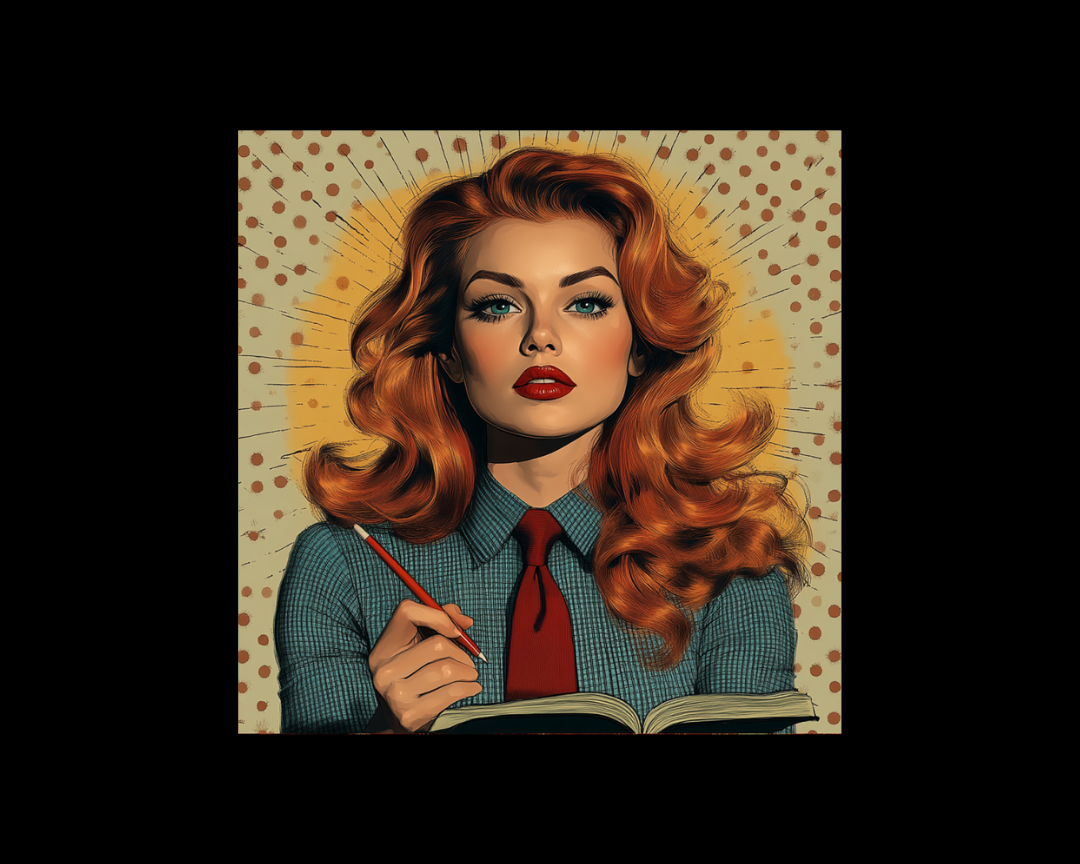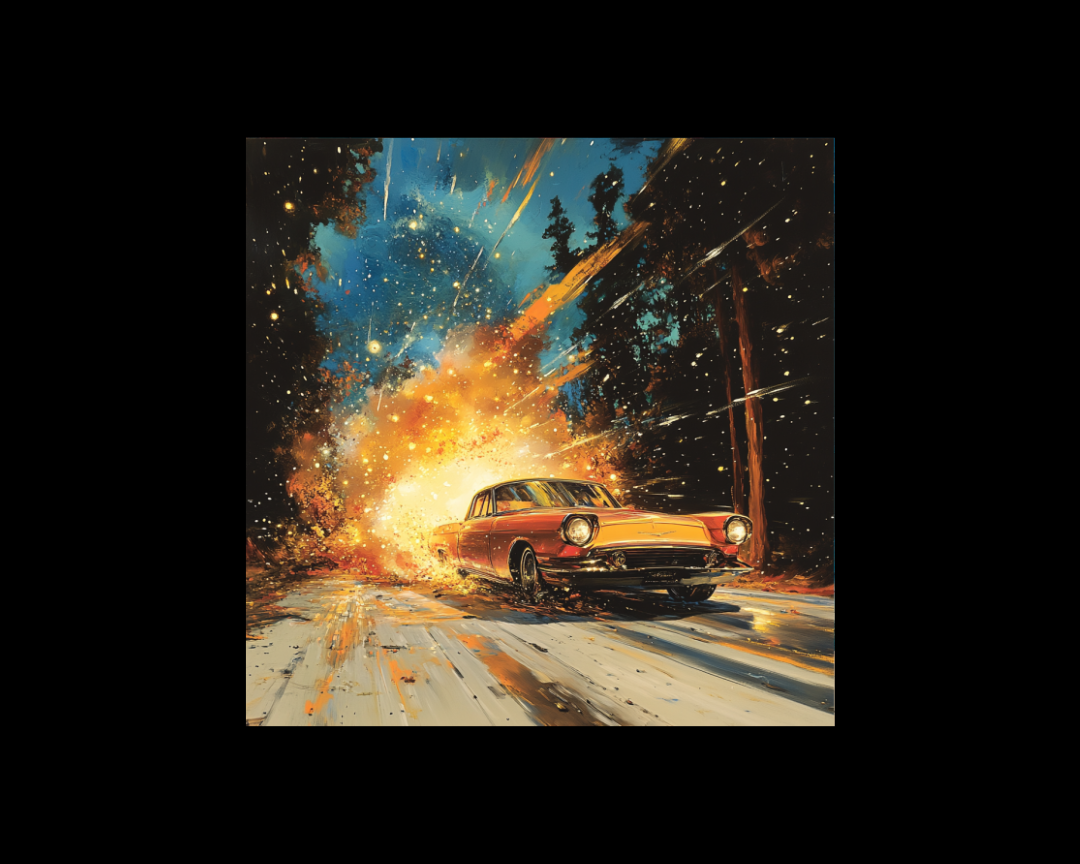LitRPG: Where Gaming Mechanics Meet Narrative Fiction
In a literary landscape increasingly influenced by digital culture, LitRPG has emerged as one of the most fascinating genre developments of the past...
.png)
Wuxia, a Chinese literary genre, translates to "martial heroes." It combines elements of historical fiction with the rich traditions of Chinese martial arts, creating narratives centered around chivalrous warriors in historical China. These stories are deeply rooted in Chinese culture, folklore, and philosophy, often exploring themes of honor, loyalty, and justice.
Wuxia literature dates back to ancient China, with its roots in classic tales of chivalry and adventure. The genre as it is known today began to take shape during the Ming (1368–1644) and Qing (1644–1912) dynasties, but it gained significant popularity in the 20th century with the rise of modern Chinese literature and cinema. Wuxia stories are set in a mythical version of ancient China, where martial artists, known as xia, roam the land practicing their skills and upholding justice.
Wuxia is a captivating genre that offers readers a blend of historical adventure, martial arts action, and deep philosophical musings. Its enduring popularity is a testament to its rich storytelling and the universal appeal of its themes. Whether you are a reader or a writer, exploring Wuxia provides a window into the heroic ideals and cultural heritage of ancient China. Dive into this genre to experience tales of honor, bravery, and the timeless quest for justice.

In a literary landscape increasingly influenced by digital culture, LitRPG has emerged as one of the most fascinating genre developments of the past...

Retro futurism is a captivating subgenre that blends nostalgia with imagination. For professional writers looking to explore this unique intersection...
.png)
Metaphors are the spices of language, enriching our communication by infusing it with vivid imagery and underlying meanings.